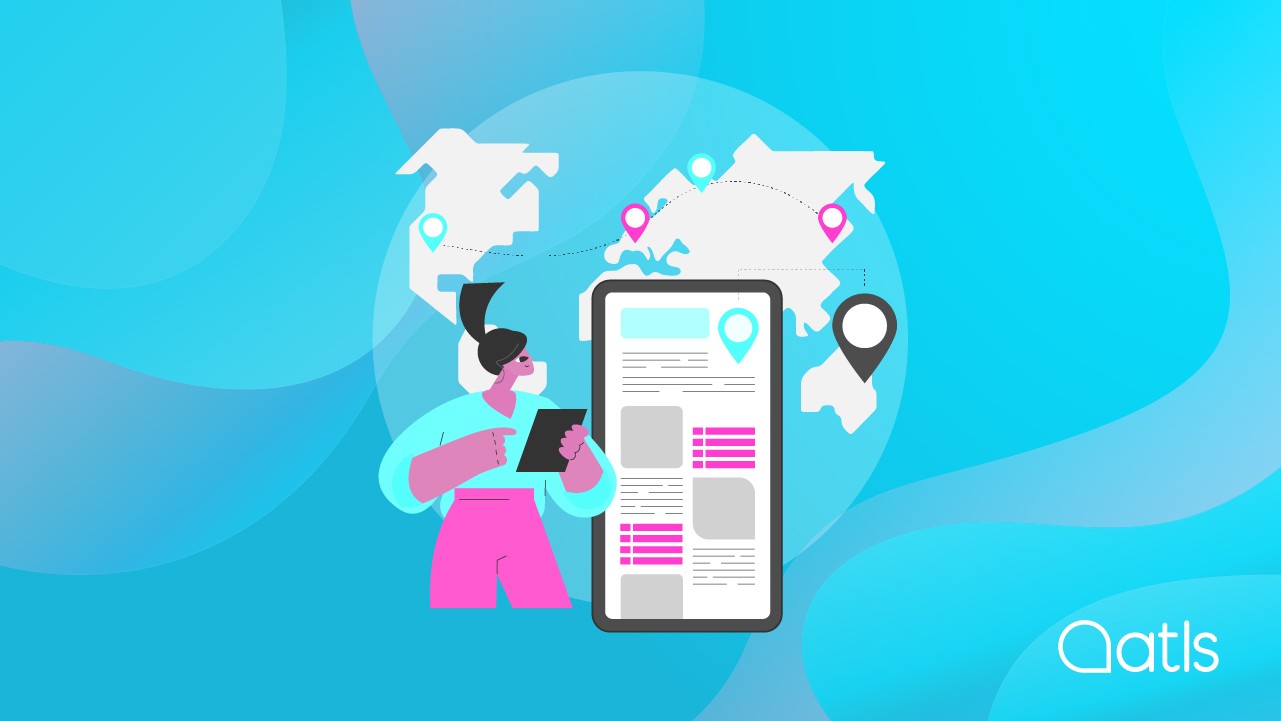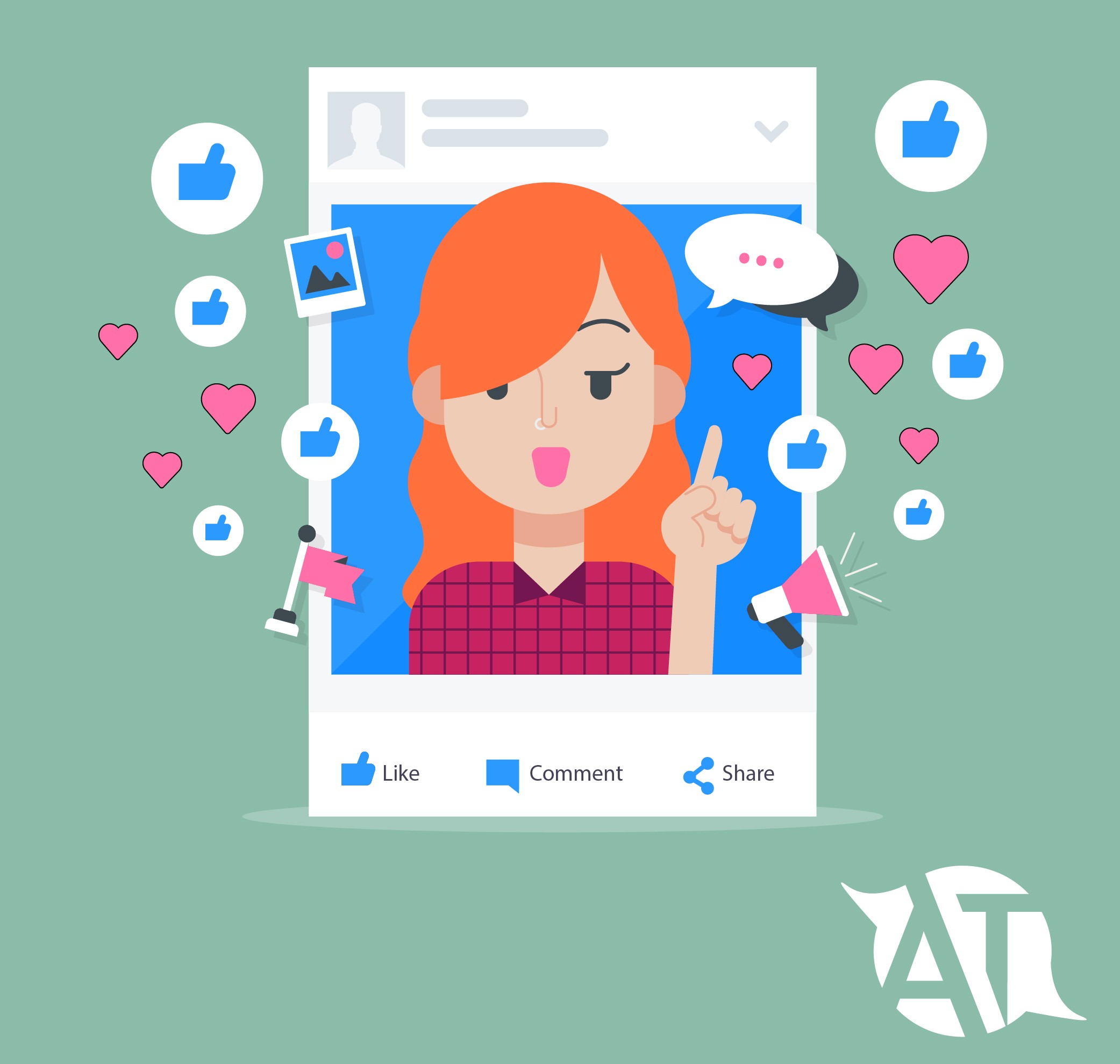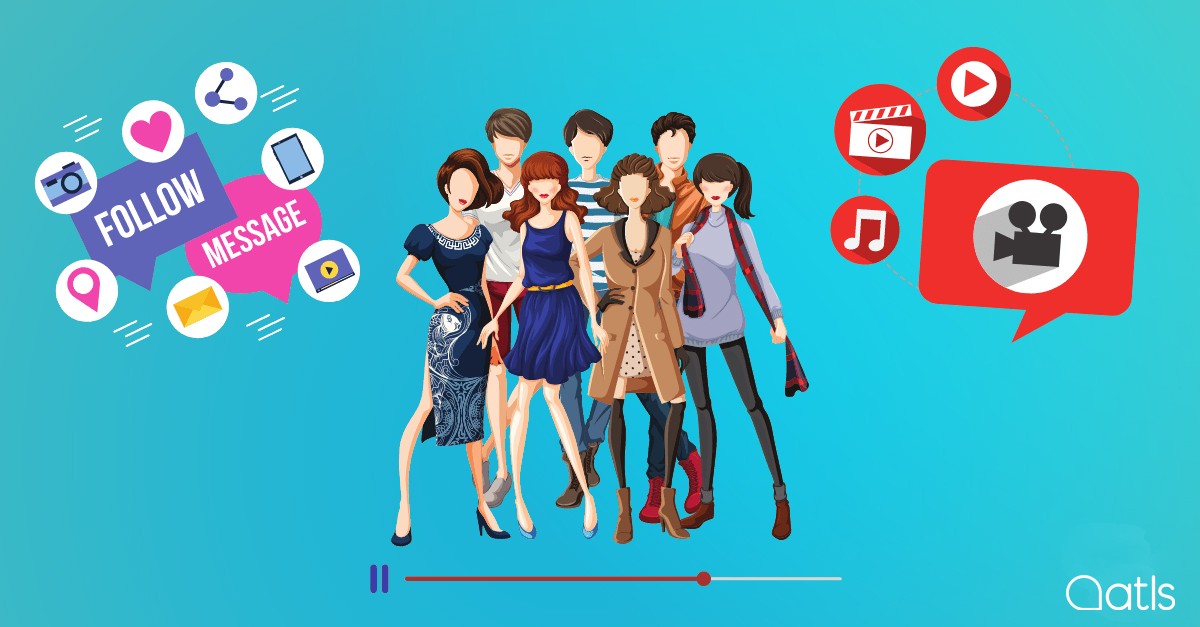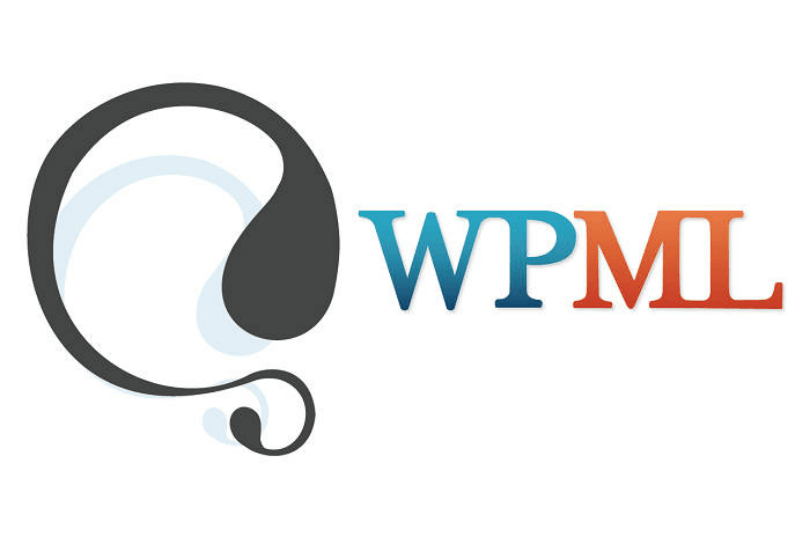Pharmaceutical translation and cosmetics translation
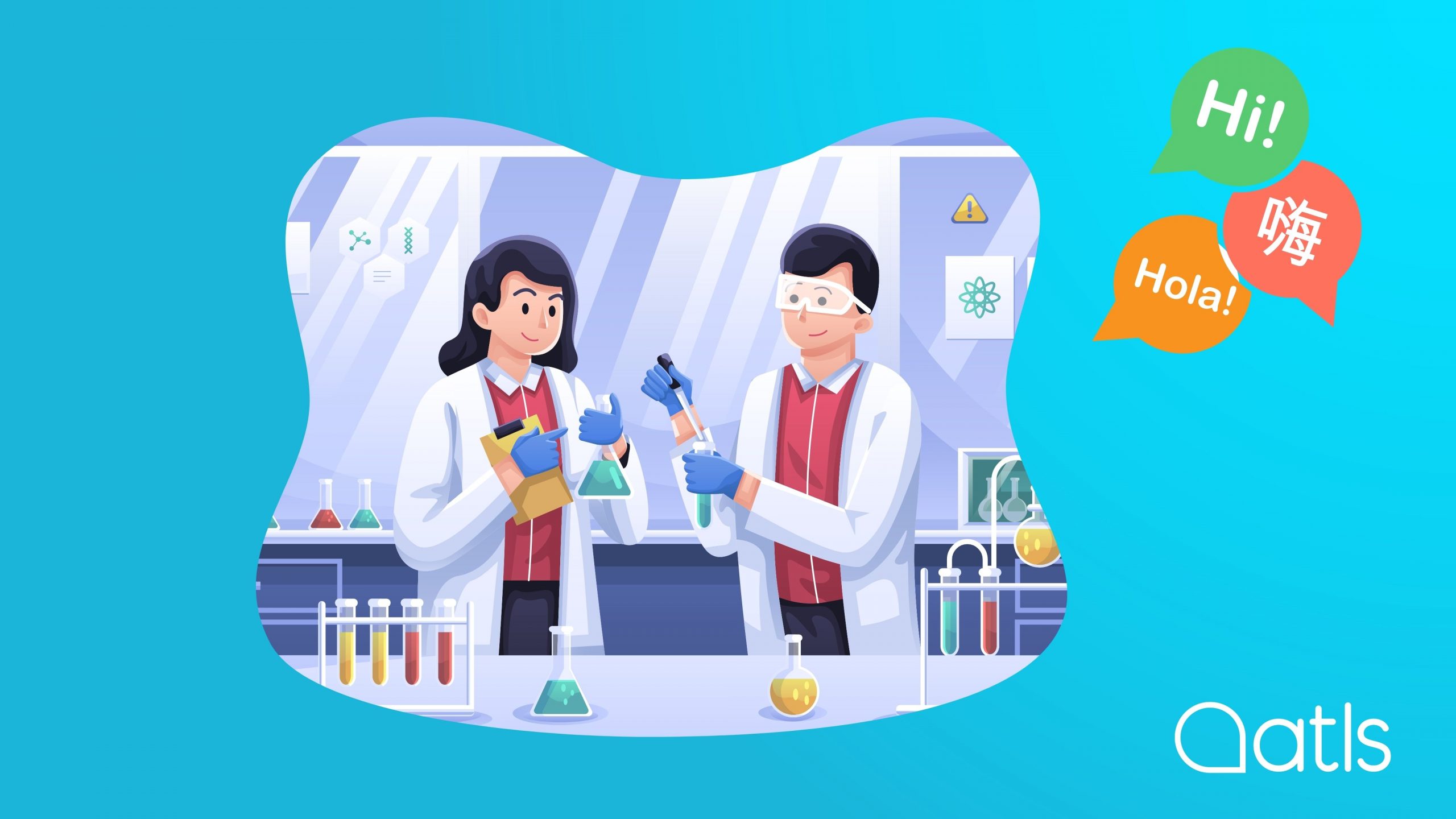
Before we examine translation for the pharmaceutical and cosmetics industries in depth, it should be noted that in recent years the two sectors have merged substantially. In fact a number of laboratories have fixed their gaze on the cosmetics industry due to the high level of compatibility between the manufacture of medicines and certain cosmetic products. Laboratories have experience working with complex processes, and because they have to comply with much more restrictive requirements they offer a safe environment - which is why many laboratories are looking to cosmetics as a way of expanding their market.
From a manufacturing perspective, medicines and cosmetic products share a number of technologies, machinery and processes. Whilst it's true that the pharmaceutical industry is subject to stricter controls, a lot of laboratories dealing with cosmetics products are actually subject to the same standards as pharmaceuticals. From a translation perspective, they have many features in common, as we explain below.
Features of pharmaceutical translation
Like medical translation, pharmaceutical translation is a large specialist area, covering a number of subspecialities. Each speciality within pharmaceutical translation involves a wide range of laws and regulations that not only define the scope and nature of professional practice, but in many cases establish the terminology itself. Similarly, given the importance of pharmaceutical products to the economy and government, this type of translation covers a very diverse range of specialist languages and registers, including legal, administrative, technical, IT, advertising and marketing language. What's more, the pharmaceuticals field is subject to constant updates - both linguistic and conceptual - which entail advanced handling of tools and information resources by the translator. Speed, precision, knowledge of the terminology, experience and confidentiality are just some of the essential requirements within pharmaceutical translation.
At ATLS we have specialist native translators with experience in the field of pharmaceuticals, who can guarantee a reliable translation in line with the customer's requirements and those of the market and the pharmaceutical sector.
Features of cosmetic translation
The cosmetics sector is fast-paced, just like the pharmaceutical industry, and introducing new products to the market often needs to be a rapid process. From a translation perspective, this means speed, precision, knowledge of terminology, experience and confidentiality are essential. This is why it's imperative to leave the translation of documents like this to a translation company which is used to working with the pharma-cosmetics industry under these types of conditions: with agility, coherent terminology and in-depth knowledge of the sector's unique protocols.
Most common translation types
At ATLS, the types of translation project we most often undertake for the pharmaceutical sector are the following:
- Translation of specialised websites
- Marketing and advertising translation
- Translation of contracts
- Patent and registration translation
- Product labels and packaging translation
- Press release translation
- Translation of regulations
- Healthcare documentation translation
Experts in pharmaceutical and cosmetic translation
At ATLS we have extensive experience of translating for the pharmaceutical and cosmetics sectors. We also hold the most stringent international quality certification, ISO 17100, and have native translators who specialise in these areas.

